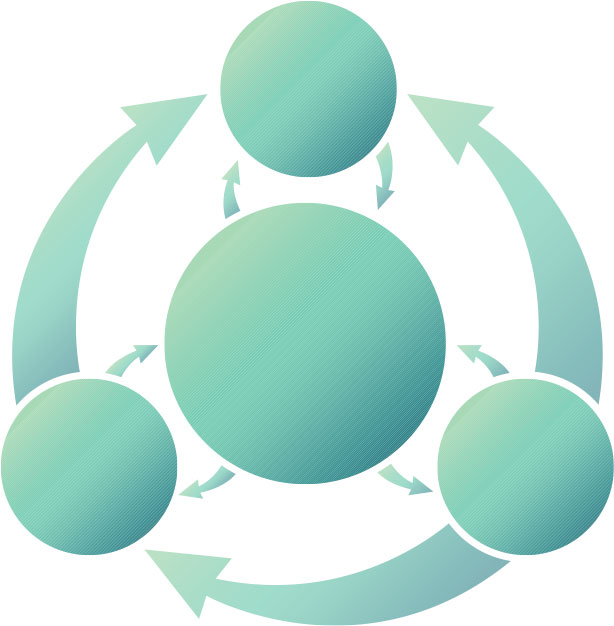It seems me there’s some sleight of hand underpinning Pigliucci’s argument here. Isn’t he arguing that there is no need to explain experience because experience and explanation are somehow incommensurate categories (of what, he doesn’t say)? I’m not sure how that argument stands up.
The phenomenological, experiential aspects of consciousness are the key to the Hard Problem. At least Dan Dennett has a direct answer to this question, in declaring the experience of consciousness to be an illusion. Thus Dennett directly addresses what Pigliucci has neatly sidestepped. But this doesn’t get us off the hook either; to declare something an illusion merely implies that we the observer have misinterpreted what is presented to our senses. In order for there to be an illusion, there must be information and there must be interpretation. The information may have been misinterpreted, but the illusion itself still requires an explanation.
None of this, it seems to me, refutes the contention that in reducing the mind entirely to a function of the brain, something is necessarily lost; that something being what Nagel characterises as ‘what it is like’ to be a bat (or a human thinking about a bat).
The problem as I understand it, is that they in effect cheat. They have a hidden assumption in their cognitive first person understanding, namely that
only the objective and physical is real. But they can't show that as real as objective and physical.
Here is how it relates to skepticism and a way to read a text as explained by David Hume. Read in part a text for markers of objective facts and subjective evaluation and then you can notice the following. The text will claim a fact and then claim a subjective evaluation.
Example. The universe is physical and that matters. That it matters, doesn't follow with logic from the first part and if you ask for evidence that it matters, there is no objective and physical evidence.
That one happens a lot, but it is always in the end a varaint of the is-ought problem. There is a world and what ought we do about that? Now ought is a part of how humans do subjective evaluation of what makes sense and is real.
So in your example that problem is that an illusion is a first person subjective evaluation and that it is true and real, that, it is an illusion, has no objective and physical evidence. I.e. it is a cheat, because it assumes what it denies.
As for phenomenological, that is in effect as old as philsophy, because it was already noticed at the start of philsophy:
Man is the measure of all things: of the things that are, that they are, of the things that are not, that they are not." Protagoras.
The rest of philosphy is a fight about how many different cognitive and emotional measuremt acts there are and which one is the most important one. The joke is that important is in the end emotional and not rational, objective and physical.

